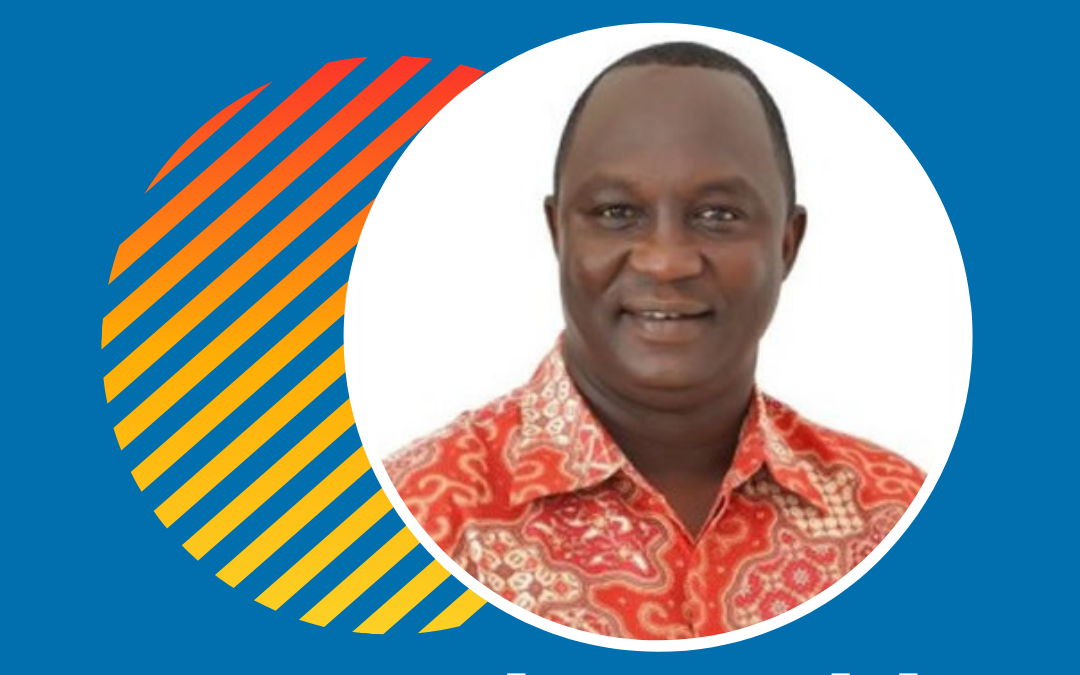
Apr 21, 2021
When the Nigerian government sought to raise taxes on basic goods and decrease subsidies on key items like fuel as millions of workers struggled without jobs or wages during the COVID-19 pandemic, the 4 million members of the Nigerian Labor Congress (NLC) successfully stood up against these assaults. NLC President Ayuba Wabba says the union first tried negotiating with the government. When that effort did not work, workers were set to strike, he said on the latest episode of The Solidarity Center Podcast.
“Many Nigerians are in very difficult situations right now because of the challenge of COVID-19. Most of their income have been disrupted and their survival is so difficult. So that is why we have to respond, to actually draw the attention of government. And such an approach is very, very necessary. We thought that governance should be about the interest of justice,” Wabba told podcast host and Solidarity Center Executive Director Shawna Bader-Blau.
A New Social Contract
In a wide-ranging conversation, Wabba, who is president of the International Trade Union Confederation (ITUC), describes efforts at the global level to build a post-COVID world where all workers are covered by social protections such as paid sick leave, access to protective safety equipment, health care and good wages.
“COVID-19 has exposed the inadequacies in the entire social protection system,” he says. “We are also trying to make sure that COVID-19 is one of the diseases that is also covered by occupational health and safety for all workers, including casual workers, including migrant workers, including workers working in the precarious sector because this is very important. If not, the inequality gap between the rich and the poor will continue to be widened.”
As a global union leader, Wabba is at the forefront of the international campaign to ensure the future of work ensures good jobs as well as green jobs to address the ongoing challenges of climate change. “You don’t need to contaminate the environment for you to be able to retain jobs. Jobs can be produced using greener forms of energy.”
Download Season One Episodes
The Solidarity Center Podcast, “Billions of Us, One Just Future,” highlights conversations with workers (and other smart people) worldwide shaping the workplace for the better.
Check out the full first season of The Solidarity Center Podcast and stay tuned for season two this fall!
This podcast was made possible by the generous support of the American people through the U.S. Agency for International Development (USAID) under Cooperative Agreement No.AID-OAA-L-16-00001 and the opinions expressed herein are those of the participant(s) and do not necessarily reflect the views of USAID/USG.
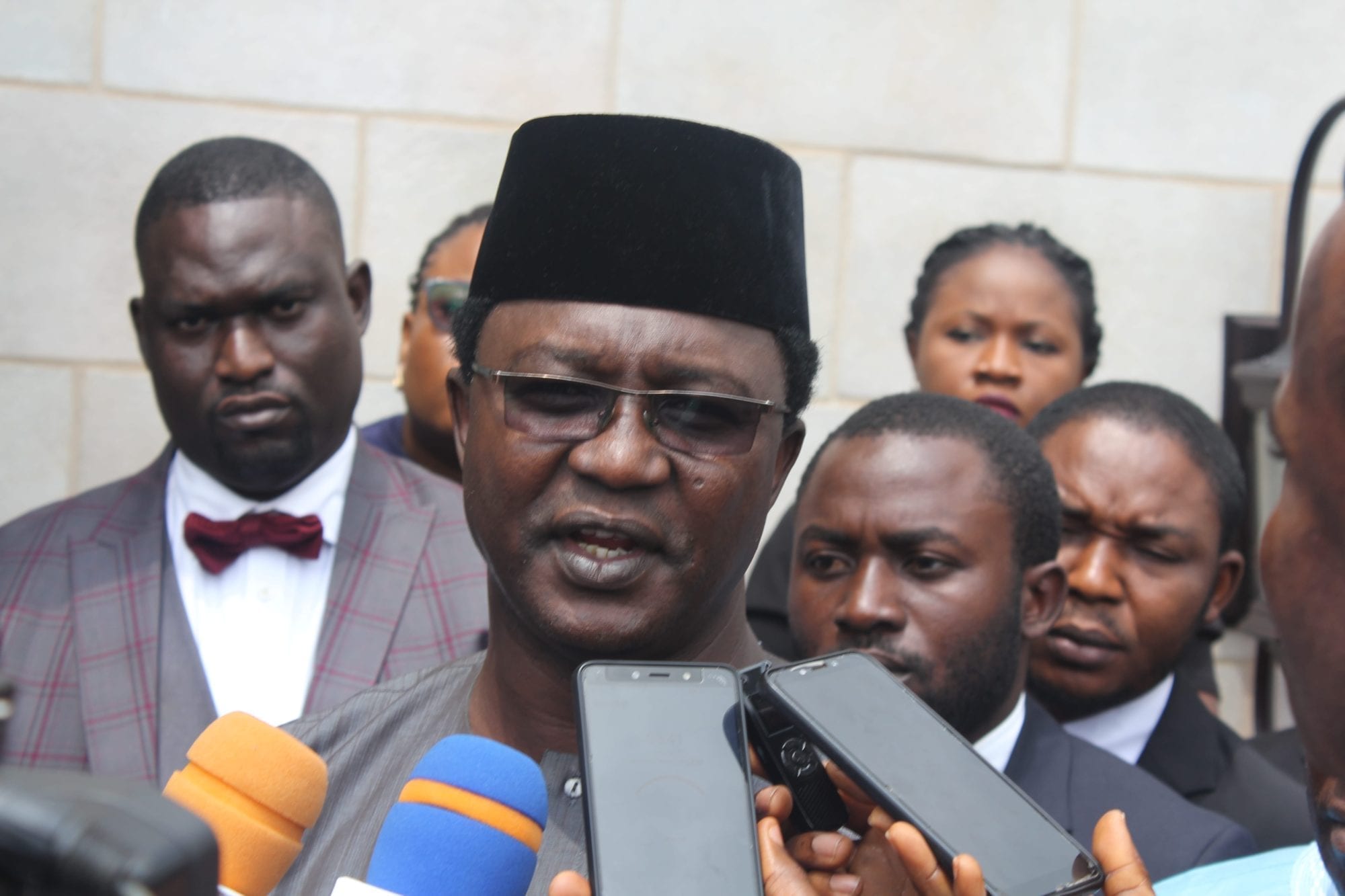
Sep 5, 2019
The Nigerian Labor Congress (NLC) hosted the founding of the Nigeria chapter of the International Lawyers Assisting Workers Network (ILAW) this week. The event was part of the nationwide union’s efforts to strengthen global ties to advance worker rights. More than 20 legal practitioners and scholars attended the event and are among ILAW’s newest members.
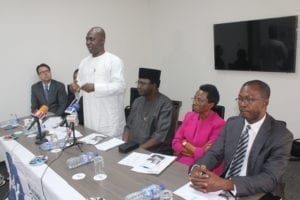
The Nigerian Labor Congress hosted the founding of the Nigeria chapter of ILAW this week. Credit: Moses Umaru, NLC
Speaking at a press conference in Abuja to announce the partnership, NLC President Ayuba Wabba said ILAW will provide an opportunity for lawyers in the country to connect directly with the International Labor Organization (ILO) and with labor lawyers around the world. “The whole essence of working in synergy is to continue to provide for the interest of workers, and defend human rights,” he said.
ILAW, a project of the Solidarity Center, now includes nearly 300 members from more than 50 countries. Launched last November, ILAW seeks to bring together legal practitioners and scholars to best represent the rights and interests of workers and their organizations and effectively advocate for workers in a global working environment. The ILAW Network is supported by an advisory board, comprised of 20 lawyers from 20 countries, with expertise on a broad range of legal matters.
In Nigeria, where jobs increasingly are contracted out and workers are forced into low-paying, insecure informal economy work, Wabba sees ILAW as another tool for strengthening the labor movement by coordinating efforts to counter the anti-worker moves by employers.
The challenges workers face in Nigeria are similar to those around the world—making collaboration of lawyers in multiple legal jurisdictions essential, says Jeff Vogt, Solidarity Center rule of law director and ILAW board chair.
“ILAW will always stand for, and protect the rights of workers and trade unions across the globe and in Nigeria,” says Vogt.
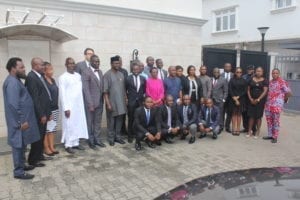
More than 20 legal practitioners and scholars took part in launching the country’s ILAW chapter. Credit: Moses Umaru, NLC
The Federal Capital Territory chapter of the Nigerian Bar Association also welcomed the partnership. “As an association of lawyers in Nigeria, we want to be part of this network,” said attorney Emmanuel Adedeyi.
In short, said Wabba, the partnership with ILAW means that “when you are in the courtroom as lawyers, we will also be on the street to compliment what you are doing in the courtroom—and that is the whole essence of us working together.”
ILAW membership includes access to legal resources and worker rights lawyers around the world. Find out more.
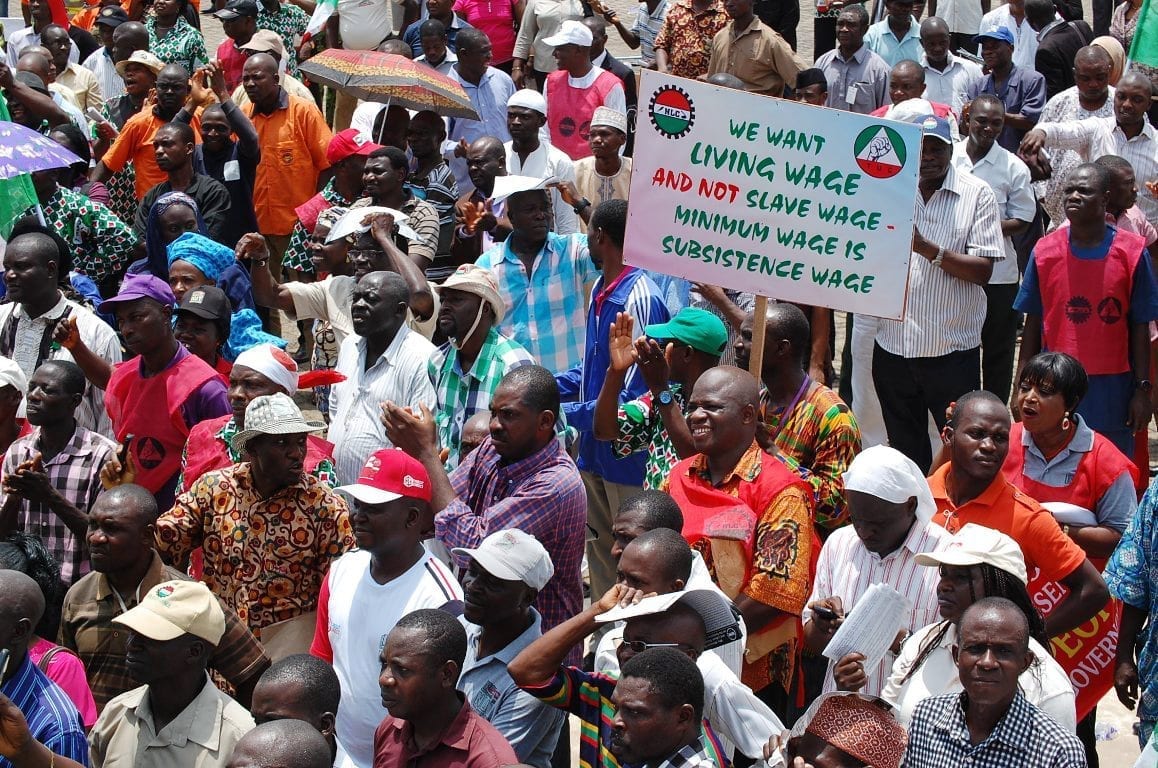
Jan 29, 2019
The Nigeria Labor Congress (NLC) is encouraging workers to gather at a National Assembly public hearing this week to implore lawmakers to implement a new minimum wage bill affecting 11 million workers, and reject a proposed two-tier minimum wage bill that will rob state workers of a minimum wage increase all workers were promised more than two years ago.
A proposed minimum wage of $83 per month—a 60 percent increase over the current minimum wage–was recommended by Nigeria’s tripartite minimum wage committee following years of negotiations and endorsed by President Muhammadu Buhari last year. Workers have seen a steady erosion of their purchasing power caused by rising inflation, with the cost of staple foods rising more than 11 percent last year.
The minimum wage committee’s proposal must be adopted into law by the country’s 360-member House of Representatives in order to take effect, but passage of the law has been imperiled by Nigeria’s state governors, who last week approved a minimum wage of only $74 per month for state workers.
The country’s current minimum wage—$49.60 per month—is not a living wage, say workers, who accepted $83 as a compromise to the $164 per month they said would fairly compensate them and help them survive under hyperinflation.
Nigeria’s unions have been engaged in a years-long effort to increase the minimum wage. A threatened general strike in October 2018 was called off only a few hours before it was scheduled to begin, after the wage committee agreed to increase the minimum wage to $83. A second general strike was called off last week after a new national minimum wage bill was submitted to the National Assembly.
If a general strike is triggered, all public-sector institutions—including schools, hospitals and the oil sector—will be affected.
“We all need to stand ready in a state of full mobilization,” said Nigerian Labor Congress (NLC) General Secretary Peter Ozo-Eson.
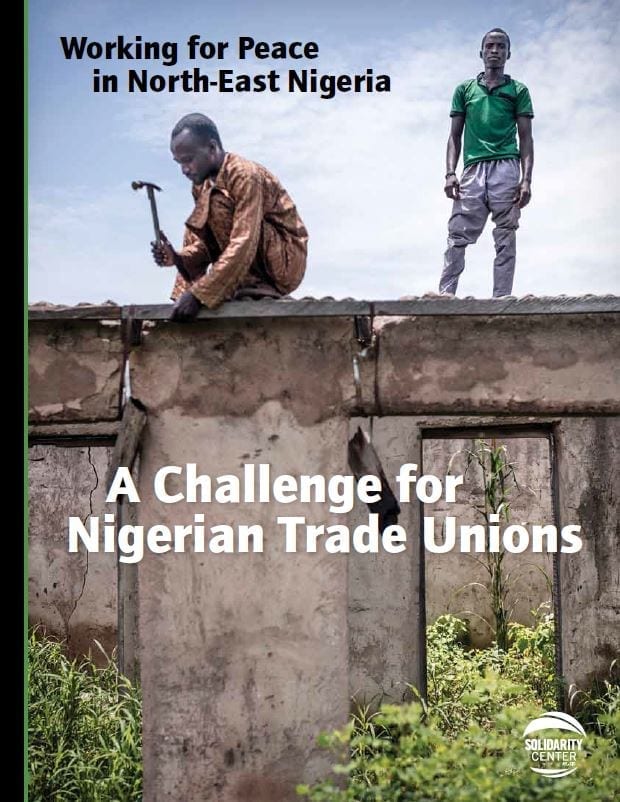
Dec 22, 2018
This report analyzes the impact of violence in North-East Nigeria, where teachers, health care professionals and civil servants were the victimized by insurgents targeting symbols of state authority. The report includes recommendations for government and worker organizations as they rebuild after relative peace was restored in the area in 2017 and workers return to their jobs.
Download here.
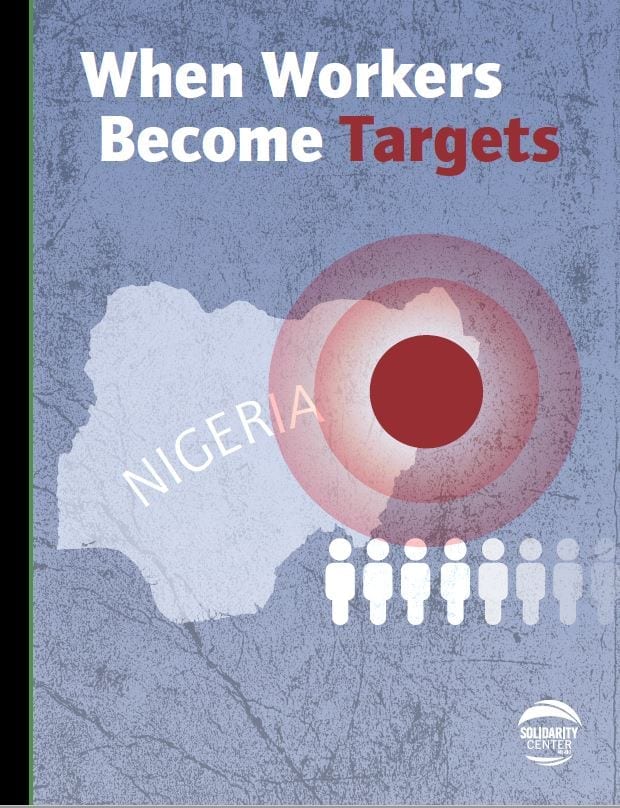
Dec 22, 2018
“When Workers Become Targets: Nigeria,” is a collection of real-life experiences of workers, particularly women, during the Boko Haram insurgency in Borno State, North-East Nigeria, and how unions whose members suffered the greatest toll played a crucial role in the rehabilitation of people displaced by the insurgency and held government accountable by speaking out against the forced return of workers to unsafe areas.
Download here.







